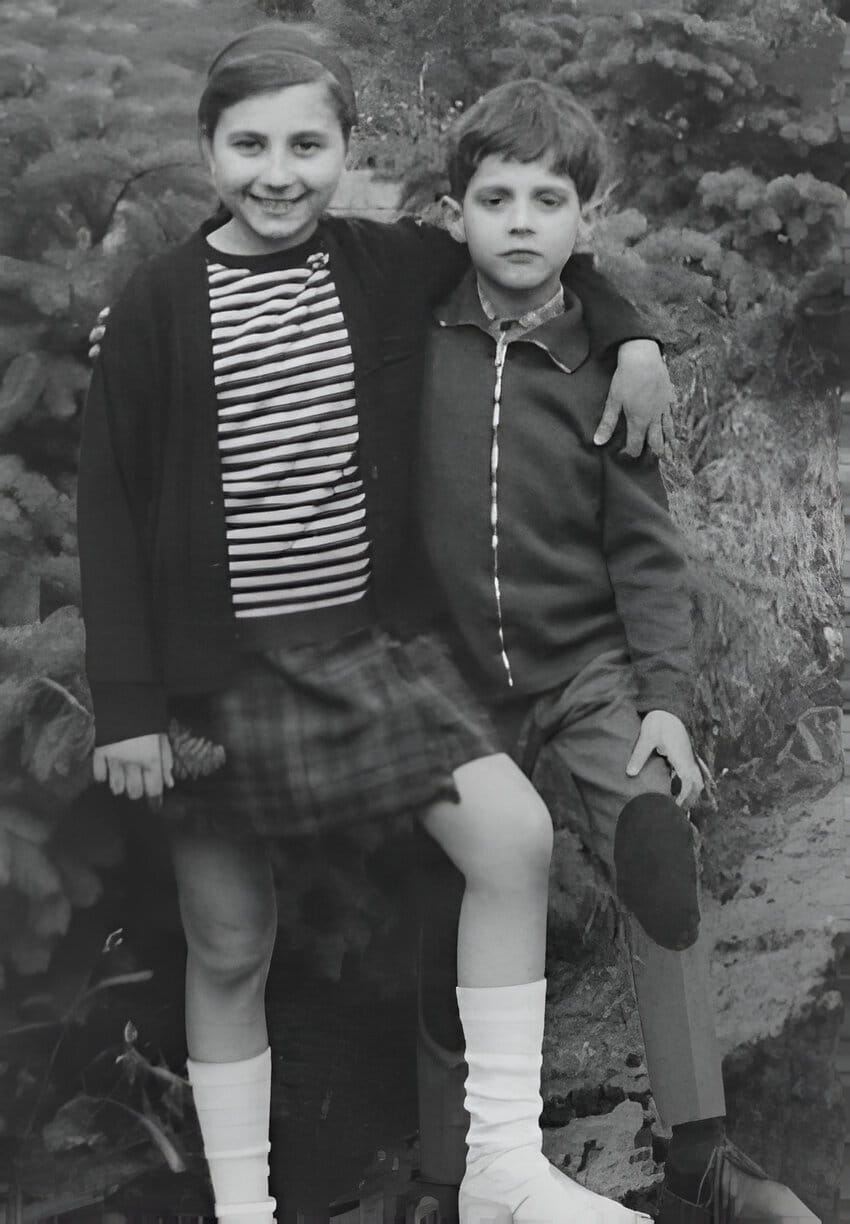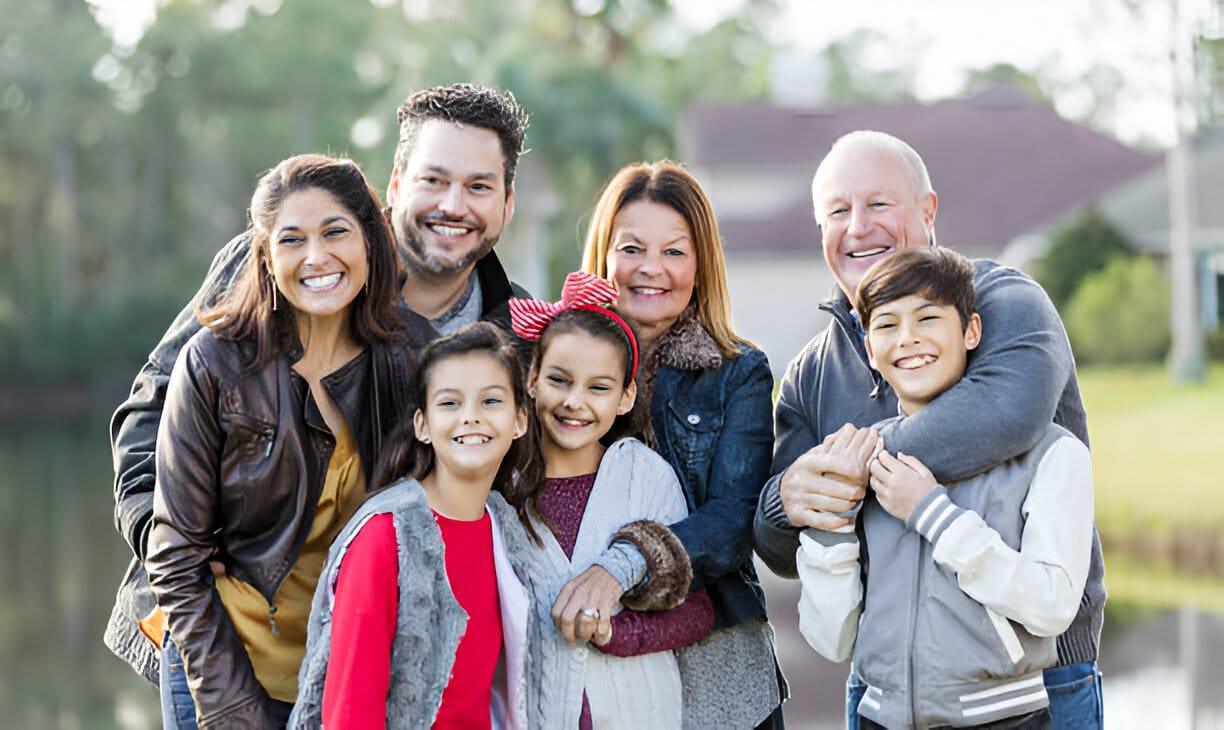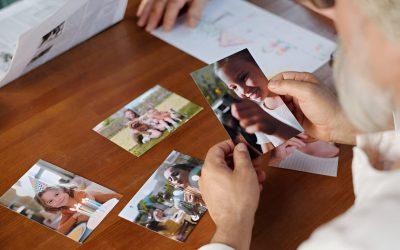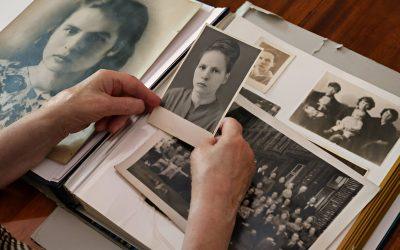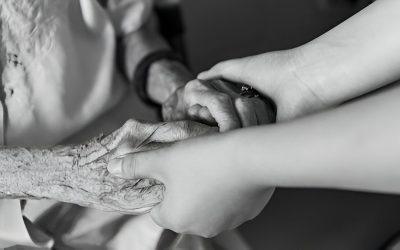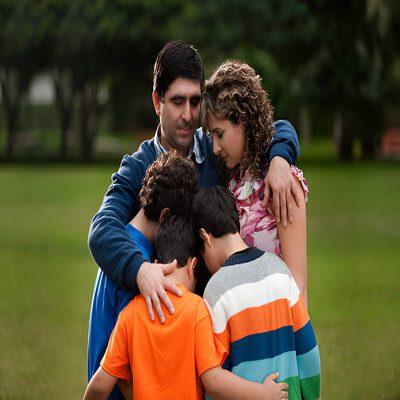A Bridge Between Childhood and Loss
Siblings share a bond unlike any other—a connection built on shared experiences, memories, and milestones. When that bond is severed by loss, the grief can feel insurmountable. A friend once told me, “It felt like losing the only person who understood my entire history.” Yet through our shared pain, we often find new strength, new connections, and new hope in each other.
“I never realized how much I depended on my sister’s laughter to see the brightness in each day.”
The Unspoken Echoes of Shared Childhood
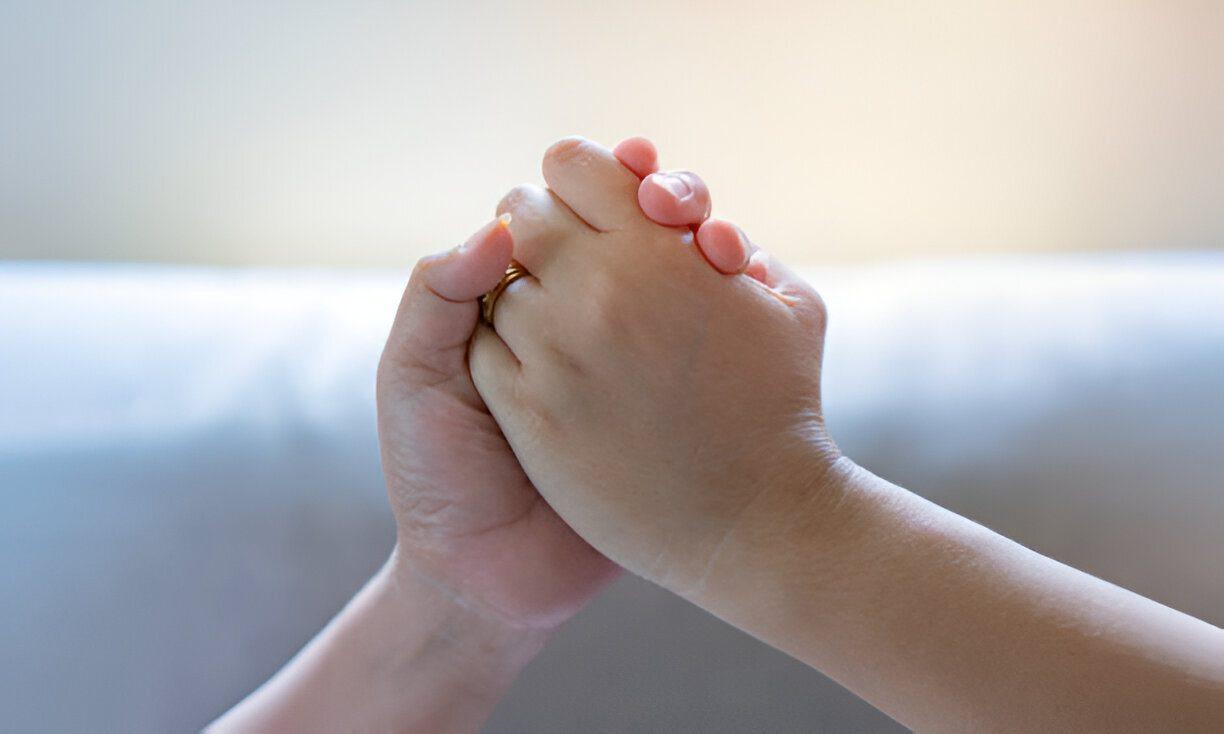
Grief, often described as love persevering, takes on a deeply unique shape when it comes to siblings. These are the people who saw you at your best and worst, who knew your quirks and shared your history. Losing a sibling feels like losing part of your foundation—a bond forged in shared childhoods, unspoken understandings, and lifelong connections.
This journey of grief is not one-size-fits-all, but by exploring its layers, we can find ways to navigate the pain, honor the bond, and begin the process of healing.
The Unique Bond of Siblings
Siblings are more than family—they’re often the closest witnesses to your life. They’re the ones who’ve seen every awkward phase, laughed at every inside joke, and stood beside you through life’s milestones. Whether you were thick as thieves or simply coexisted, their presence shaped your identity.
When a sibling is lost, it’s not just the person who is gone—it’s the shared memories, the future plans, and the unspoken reassurance that someone knows you in ways no one else can. The depth of this bond makes the grief all-encompassing, touching every corner of your life.
The Spectrum of Sibling Grief
Grieving a sibling is deeply personal, but some common threads often emerge:
- Immediate Shock: The initial disbelief can make the world feel like it’s moving in slow motion. Thoughts like, “This can’t be real,” or, “How am I supposed to go on without them?” dominate your mind.
- Guilt and Regrets: You may replay old arguments or wish you’d spent more time together. This is especially true if the relationship was strained or if the loss was sudden.
- Role Reversal: Losing a younger sibling may leave you feeling like you’ve failed as their protector. If it’s an older sibling, their absence can feel like losing a guide or mentor.
- Isolation: Friends and even family may not fully understand your grief. While you all mourn the same person, your connection was unique, leaving you feeling like no one else quite “gets it.”
“They may leave this world, but they’ll always remain a part of who you are.” — Henry B.
Processing the Loss
The path to healing isn’t linear—it’s a winding road filled with unexpected turns. These steps can help you begin to process your grief:
- Lean into Memories: Photos, songs, and shared traditions can serve as a bridge between the past and present. They may bring tears, but they also remind you of the love that remains.
- Talk About Them: Sharing stories keeps their memory alive and creates opportunities to laugh, cry, and bond with others who miss them.
- Create Rituals: Honoring their memory with meaningful acts—a candlelit vigil, a donation in their name, or even an annual family hike—provides comfort and connection.
The Journey of Healing
Grief doesn’t disappear, but it evolves. Over time, it may transform into a quieter presence, one that shapes you rather than consumes you.
- Seek Support: Grief counselors or sibling-specific support groups can offer validation and a safe space to express emotions.
- Prioritize Self-Care: Grief is exhausting. Sleep, eat well, and engage in physical activities like yoga or walking to nurture your body while your heart heals.
- Find Meaning in the Loss: Many find that losing a sibling inspires personal growth, whether it’s a renewed focus on relationships, career changes, or deeper empathy for others.
The Sibling’s Legacy
Your sibling’s influence doesn’t end with their passing—it continues in how you honor them. Maybe it’s in the jokes you tell, the way you carry their values, or the traditions you pass to your own children. Their legacy lives in the small, everyday acts that remind you of them.
For some, this might mean pursuing a passion they inspired. For others, it’s about telling their story, ensuring their light shines for future generations. Whatever form it takes, carrying their essence forward is a testament to the bond you shared.
Things To Try This Week!
- Start a Memory Journal: Write down a favorite shared childhood story or inside joke every day this week.
- Reach Out: Call or meet someone else who loved your sibling—support can grow from shared memories.
- Create a Small Tribute: Light a candle at dinner or place a meaningful photo in a special place to quietly honor them.
Conclusion
Grieving a sibling is a profound journey—a path marked by love, loss, and resilience. While their physical presence may be gone, the bond you shared remains unbroken. By leaning into memories, honoring their legacy, and allowing yourself to heal at your own pace, you carry them with you in ways that bring comfort, strength, and, eventually, peace.
You’re not alone on this journey, and the love you shared with your sibling will always guide you forward.
As you navigate this difficult path, remember that honoring your sibling’s memory can also become an act of cherishing what you shared.
A space of warmth and remembrance awaits you in our cherish section—filled with supportive items and gentle inspirations that reflect love, comfort, and healing.
Cherish Family: Honoring the Bonds That Shape Us
Family shapes who we are, and their memory deserves to be cherished. Explore meaningful ways to celebrate your family’s love and legacy through our “Cherish Family” collection.
More Reflections, More Growth
Loss is complex, and the road to healing is different for everyone. These reflections offer insight, support, and guidance as you navigate this journey.
Guilt and Grief: Coping with the Coulda, Woulda, Shouldas After Losing a Grandparent
Losing a grandparent can stir feelings of guilt and regret. This guide explores how to cope with the “coulda, woulda, shouldas,” reframe negative thoughts, and honor the love and memories you shared with your grandparent.
Long-Distance Love: Coping with the Grief and Sadness of Long-Distance Grandparenting
Long-distance grandparenting comes with unique challenges, including grief and separation from your grandchildren. This guide offers practical strategies to help maintain strong bonds and emotional connections, even when physical distance creates a sense of loss.
Cumulative Grief: Coping with the Loss of Multiple Grandparents in a Short Time
Cumulative grief occurs when multiple losses pile up, overwhelming the grieving process. This guide offers strategies for navigating the complexities of losing multiple grandparents, honoring their memory, and caring for yourself during this challenging time.
Navigating Grief After the Loss of a Grandparent: A Guide for Adult Grandchildren
Losing a grandparent is often an overlooked form of grief. For adult grandchildren, this loss can bring deep sadness, mixed emotions, and a sense of disconnectedness from family history. This guide offers coping strategies for navigating grief, honoring their legacy, and integrating their presence into your life moving forward.
Holding On, Together: Maintaining Family Connections After Loss
Loss reshapes family dynamics, but shared grief can strengthen bonds. This guide offers strategies for communication, rituals, and support to maintain family connections.
A Subtle Yet Profound Loss: Grieving an Extended Family Member
Grieving an extended family member’s death is a unique journey. This guide offers compassionate advice to honor their memory, navigate grief, and find healing.
Honoring a Child’s Memory
Honoring a child’s memory is a profound way to navigate grief. This guide explores creative tributes, rituals, and acts of kindness to celebrate their enduring legacy.
When a Sibling Passes: Healing the Void
Losing a sibling leaves a profound void, but healing comes through honoring their memory and embracing connection. This guide explores ways to navigate grief and find peace.
The Unspoken Heartache: Understanding the Quiet Grief of Miscarriage
Miscarriage is a silent grief that touches one in four pregnancies, yet it remains unspoken for many. Explore the layers of loss, the cultural silence, and ways to support healing through acknowledgment and empathy.
Explore Journeys of Healing and Solace:
Discover dedicated spaces that offer understanding, guidance, and connection through grief. From the loss of loved ones to life’s challenging transitions, each category provides a pathway to reflect, connect, and find peace in shared experiences.


